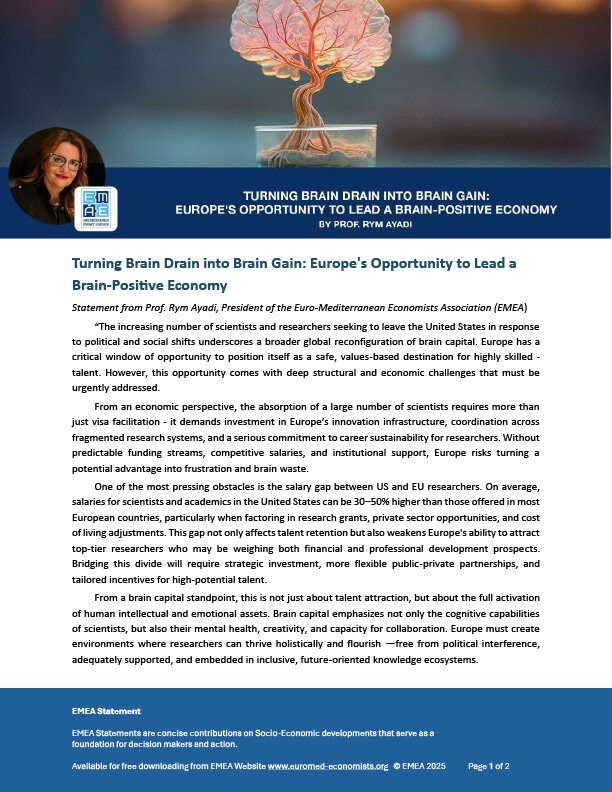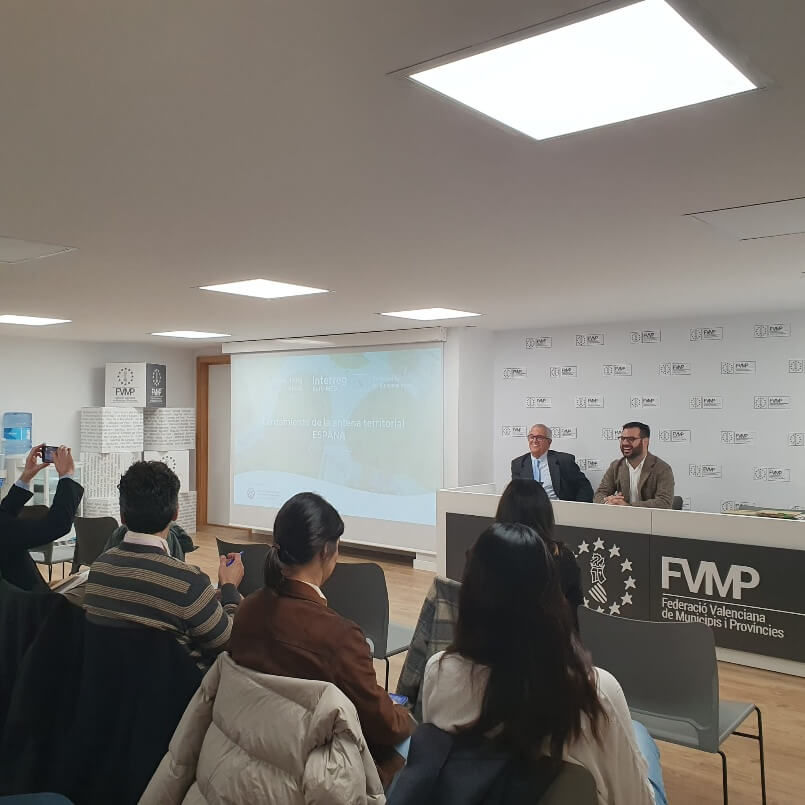The African Development Bank Group has formally unveiled its new ten-year strategy, describing it as “a blueprint to confront Africa’s pressing challenges.”
Launched at the Bank’s recent Annual Meetings in Nairobi, Kenya, the 2024-33 strategy has been fashioned to “help put the continent firmly back on track towards sustained economic growth and prosperity.”
Group President Akinwumi Adesina said: “As Africa’s premier development finance institution, we are acutely aware that the next decade will be decisive in transforming the continent.
“Therefore, as we celebrate 60 years of making a difference in the countries and lives of the people of Africa, we remain resolute in our determination to accelerate the support we provide to African countries,” he continued.
At the core of the 2024–2033 plan is “the belief in Africa’s vast potential for societal and economic transformation.”
The four most significant features emerging from the Strategy are:
- Investing in women and young people, with the Bank addressing disparities and promoting inclusivity through their empowerment. This would enable them to contribute meaningfully to sustainable economic growth and prosperous societies.
- Climate change adaptation – in recognition of Africa’s vulnerability to climate change, the Bank would seek to promote low-carbon development pathways, aligned with the Paris Agreement, as well as safeguards for biodiversity and nature.
- Intensifying efforts to supporting fragile states and building resilience, with particular focus on tackling cross-border challenges and reducing the isolation of landlocked and remote areas.
- Promoting good governance – especially economically – to include domestic resource mobilisation, transparent financial management and anti-corruption measures. The Bank also said it would prioritise sustainable debt management practices to ensure long-term economic stability.
The Bank has recognised that, in the wake of the Covid-19 pandemic, the continent had been hit by heightened food insecurity and a burgeoning debt crisis. This has coincided with “intensifying and accelerating” climate change impacts, together with an increase in conflict and political instability.
At the same time, the Bank has said that the continent is experiencing a situation where the jobs market isn’t able to keep pace with its burgeoning younger population. As a result, significant numbers are now looking for work opportunities abroad.
To counter these “unprecedented global and regional challenges” the Bank has set out “decisive and urgent actions.” The new strategic vision is designed to build on Africa’s multiple unique assets, revitalising impetus towards achieving the AU’s Agenda 2063 and the United Nation’s Sustainable Development Goals.
Young men and women – Africa’s best asset
The Bank predicted that the continent is poised to drive sustainable growth and make significant contributions to global solutions over the next decade. This will be accomplished “by leveraging the youngest and fastest growing workforce in the world, rapidly growing urban markets, the wealth of natural resources and vast clean energy potential.”
Adesina said Africa’s best asset was its “vibrant young men and women” and the ten-year programme outlined how the Bank would invest in them, given the “unparalleled demographic window of opportunity” that the continent’s population now offered.
The new strategy is said to articulate “a vision of a prosperous, inclusive, resilient and integrated Africa.” Over the next decade, this will be underpinned by two key objectives, namely the acceleration of inclusive green growth and the encouragement of thriving economies.
Sustainability will be paramount, with the Bank working to balance environmental concerns, equity and economic advancement. The plans have been built upon what’s described as a decade of successful High 5 implementation, with the Bank looking to streamline its operating model for more agile and effective results.
Optimising these results whilst managing risks is said to be key, with the Bank maintaining that High 5 operational priorities are integral. These are based around lighting and powering Africa; instigating agricultural transformation to provide food security; industrialisation; greater economic integration; and the raising of living standards, especially amongst women and young people.
Pivotal private sector role
The Bank recognised “the pivotal role” that the private sector needs to play in driving Africa’s transformation over the coming decade. This will necessitate greater collaboration between the two. Investments in firms, value chains, as well as micro, small and medium-sized enterprises are to be prioritised – particularly female or youth-led entities.
The aim is to triple private-sector finance by 2033, whilst bolstering the Bank’s financing capacity through innovative mechanisms.
However, it has acknowledged that “the magnitude and urgency of the challenge will require greater resources than before.” This means bank resources will need to be mobilised from diverse sources, including domestic revenues and private finance.
Essential role for Multilateral Development Banks
In addition, as part of the ten-year strategy, to assist Multilateral Development Banks (MDBs) maximise their balance sheet potential, the Bank has said it will “pursue various options to boost its financing capacity.” These measures will include the Sustainable Hybrid Capital, Risk Transfers and re-channelling of significant portions of the International Monetary Fund’s Special Drawing Rights through Multilateral Development Banks.
The strategy has also outlined how the Bank will “answer the call for MDBs to scale up urgently their efforts to respond to the priorities and significant ambitions of African countries and tackle global and regional challenges affecting the people of Africa.”
As a valuable source of low-cost finance, technical knowledge and policy advice for emerging and developing countries, MDBs are seen as being crucial in addressing global and regional challenges.





